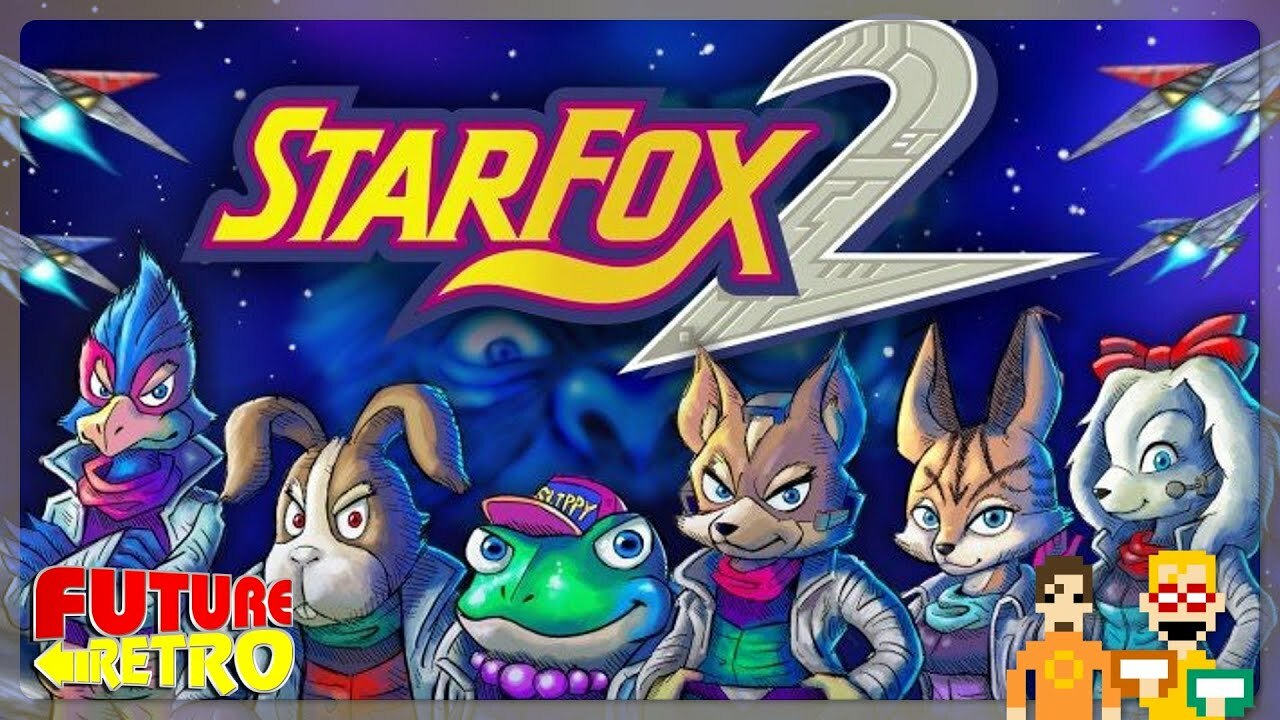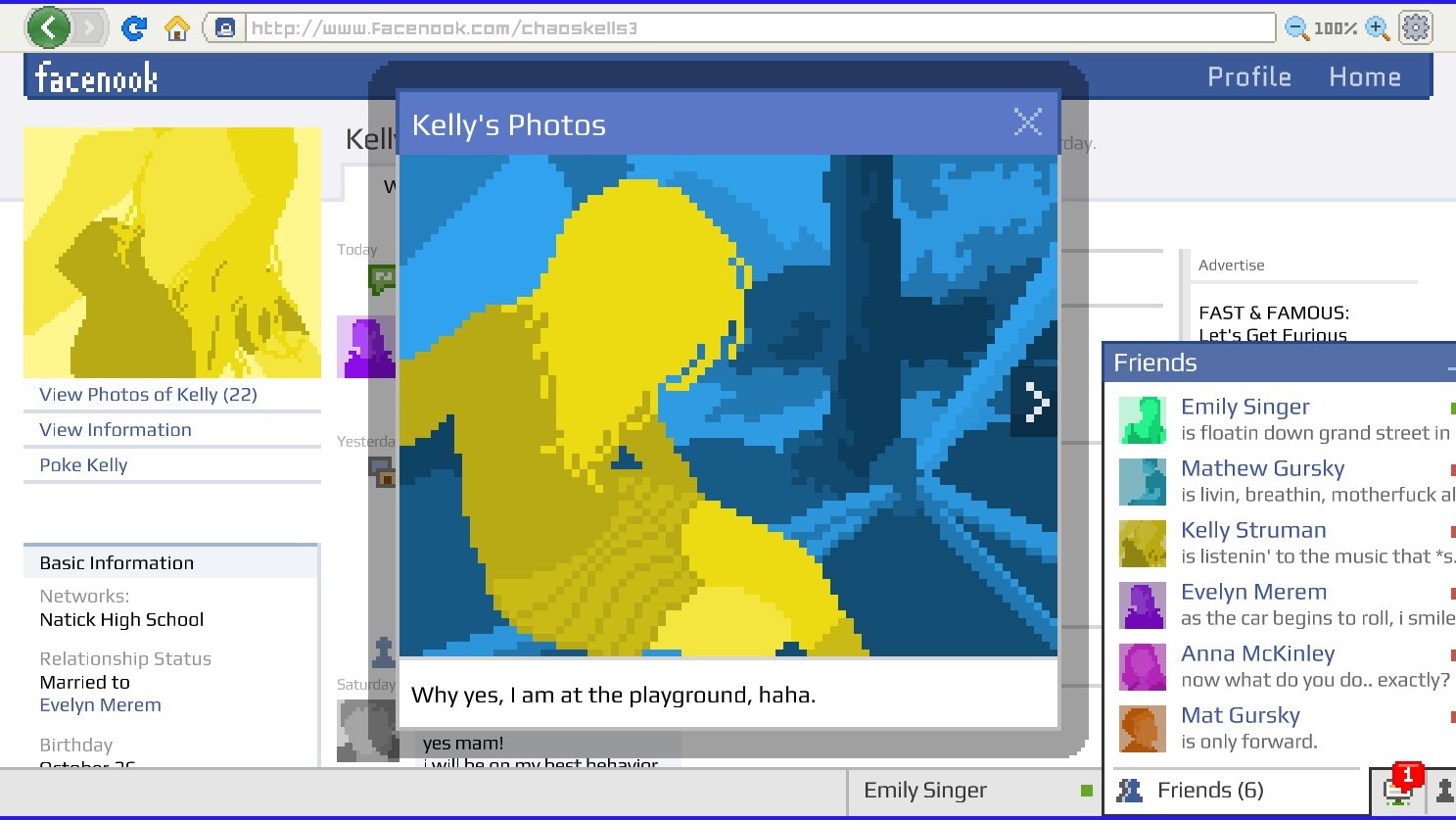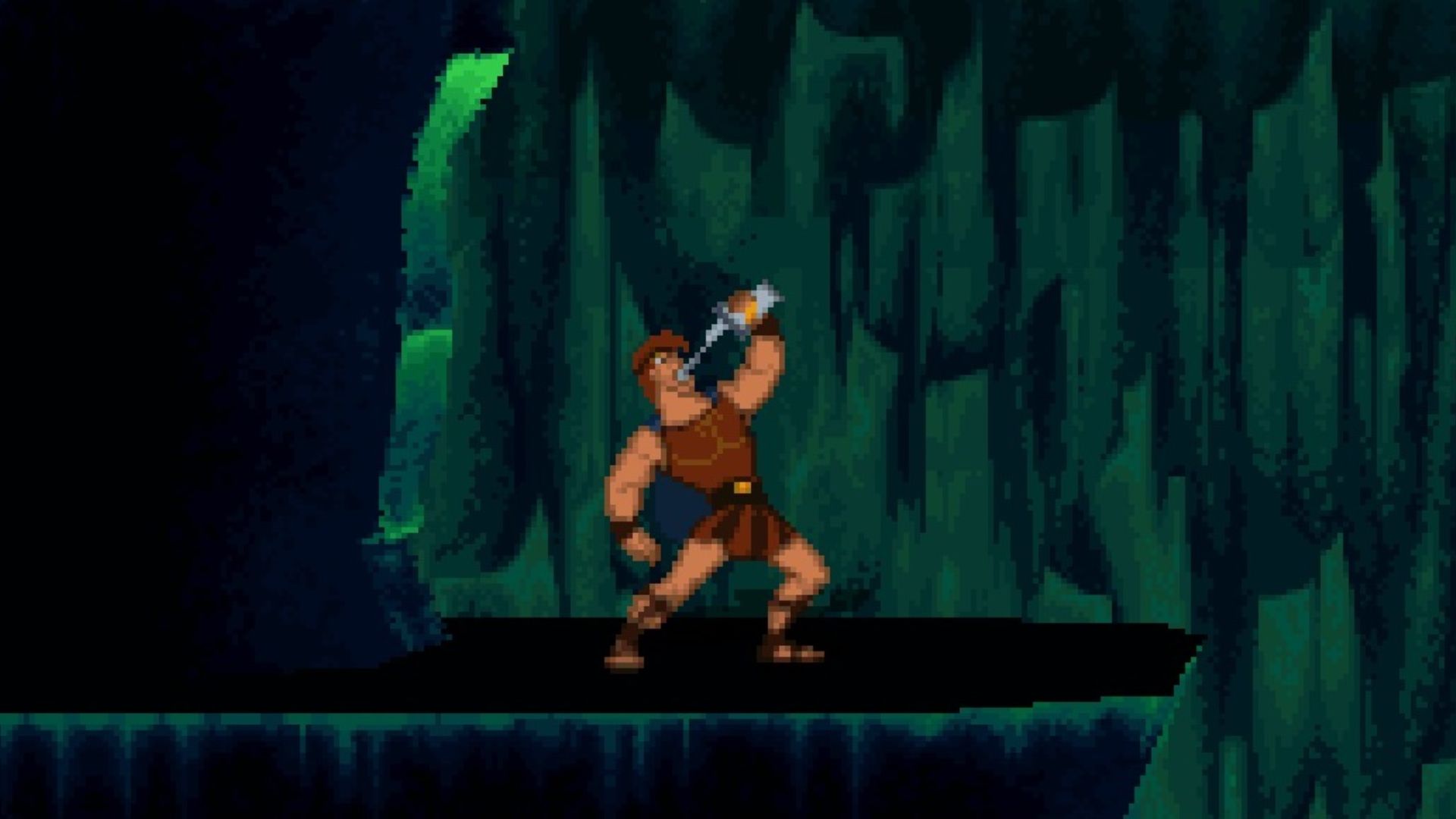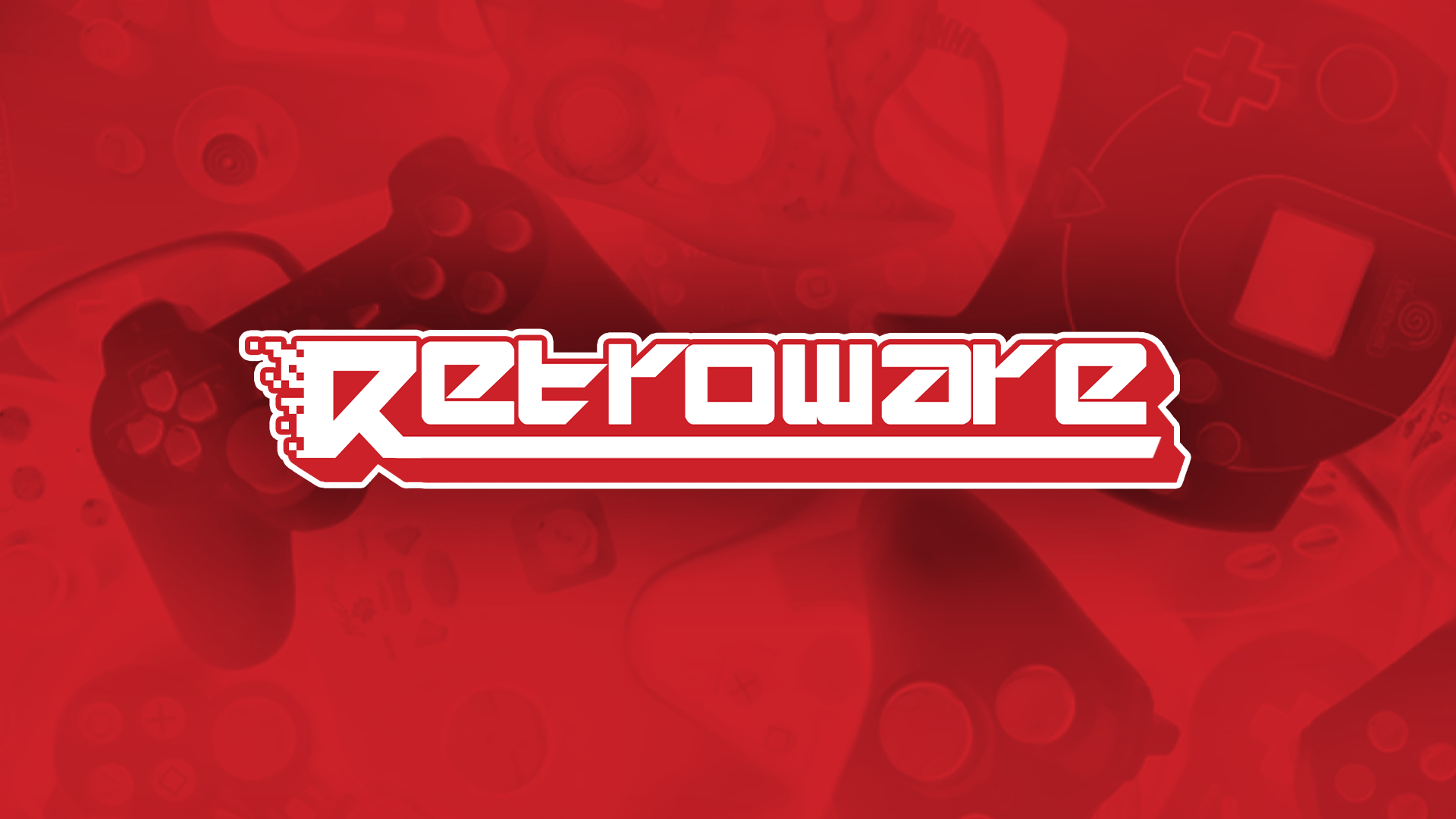Share
When Tetris Effect: Connected was revealed for Nintendo Switch during the recent Indie World Showcase, I was ecstatic. Tetris Effect is probably my favorite puzzle game of all-time, and I was pining about the need to have the title on the handheld just a few weeks ago. Particularly on the Nintendo Switch OLED’s screen, Effect’s stunning visuals would soar even higher. That “would” has turned into “will,” as publisher Enhance Games is bringing the title to Nintendo’s hybrid this year, and on OLED’s release day no less. That’s some next-level synergy, and I completely intend to take full credit for this decision. I mean, if it wasn’t for the wishful Tweet I made a few weeks ago discussing the magnificence in such a move, would it have happened? I doubt it!
Yet, I also doubt the notion that Tetris Effect: Connected counts as much of an indie game. While I was so excited about Effect’s announcement, I thought that its position within an Indie World Showcase was incredibly strange. To that point, it seems like the entire industry is conflating terms and ascribing the notion of “indie” to titles that don’t seem that indie at all. I’d say that Tetris Effect: Connected is perhaps the clearest example of this trend that I’ve seen in quite some time.
too big to be indie?
When I think of “indie,” I don’t necessarily think of the trappings and bona fides of a title like Tetris Effect: Connected. Most obviously, it’s drawing up one of gaming’s largest IPs across the medium’s history. That suggests a certain level of cachet that the overwhelming majority of indie titles don’t have. Likewise, Tetris Effect’s publisher, Enhance Games, has cut some pretty major deals across every major platform holder now too. I’m sure that the PlayStation launch exclusivity and PS VR support came with a nice check, as did Connected’s Xbox launch exclusivity a bit later.
Beyond Tetris, Enhance Games isn’t exactly small potatoes either, having published both Rez Infinite and Lumines Remastered across several platforms. Now they’re no EA of course, but they are a formidable team with a lot of connections and monied interests at their fingertips. The ability to cut deals like this and find great financial success doesn’t preclude a team from being indie. There are countless breakout indie hits which have parlayed their humble status into something much bigger. From Stardew Valley to Dead Cells, there are countless examples of miniscule teams with no established franchises becoming ten times larger than Tetris Effect.

But when you’re working with IP like Tetris, publishing your third major game on a third major platform after several assumedly-lucrative exclusivity deals, how indie are you really? Now ultimately this is a decidedly huge matter of semantics, because I’m arguing over a pretty amorphous definition here. You may construe indie differently, which makes me hate being Captain Semantics more now than I usually do. That’s because the debate is often just that – the debate over popular nomenclature. But this isn’t one of those cases in my opinion, as the contemporary notion of indie causes tangible problems.
We’ve developed a very warped perception as to what constitutes indie, because that definition is being sculpted by platform holders and the highest-tier of smaller developers who broke through. I think that Yacht Club Games, who was also featured prominently in the Indie World Showcase, is a really interesting example of how the term indie has shifted. Obviously, when the team was Kickstarting Shovel Knight, they were indie. But now? They’re not only one of most recognizable “indie” brands, they’re turning into a multimedia publishing apparatus. This is only a good thing for them, and for the player, as Yacht Club’s eye for talent surfaced and published Cyber Shadow, which is easily one of 2021’s best games. But when Yacht Club Games gets a major segment of an Indie World Showcase, who isn’t getting that airtime instead?
the games that go unnoticed
The answer, from my perspective, are tiny teams that actually need the exposure to succeed. I think of a game like Toem, that comes from the three-man Swedish team Something We Made. Its presence in the Indie World Showcase epitomized the sort of development that really gets lost in the shuffle and thus benefits from being showcased. This is a self-published little adventure that has so much charm. I can’t wait to play it later this year. But, I wouldn’t have known about it unless Nintendo isolated it as something special and gave it room to shine. As such, it makes me wonder what could’ve been if things like Tetris and Shovel Knight weren’t featured. How many more Toems did we miss out on?

We’ll never know, as the recent event spotlighted these bigger indies for most of the runtime. This just seems so strange to me. Shovel Knight: Pocket Dungeon commands a segment in a proper Nintendo Direct, not an Indie World. So does Tetris Effect. Even something like Loop Hero, which comes from the now massive Devolver Digital, no longer feels like it belongs alongside the likes of little, self-published projects. Nintendo is spotlighting teams and games that have status that doesn’t make sense in these Showcases.
None of this is a criticism of any team big or small, nor is it a judgment on the quality of anyone’s games. Like I said, Tetris Effect: Connected is one of my favorite titles. I got to try Shovel Knight: Pocket Dungeon back at PAX East 2020 before the world went to hell. It’s a clever puzzler. I’ll be playing plenty of that alongside Toem later this year. I’m merely observing that there are strata forming within the indie marketplace. But only those in the highest strata, your Shovel Knights, your Dead Cells, your Stardews, that are setting the tenor for what indie is, and this is a problem that extends far beyond the composition of an Indie World Showcase.
After all, indie is so much more than this sort of glossy, high-budget veneer that the platform holders promote and use as the picture for what indie means. Small indie developers make games on a fraction of the budget that these larger teams do, and get a fraction of the reception. They are sent out to sink on storefronts like the Nintendo eShop which lack any and all discoverability tools. They are forced to contend with a Sony that no longer cares about indies like it used to. Many don’t even get the luxury of exposure afforded to Toem. We overlook these small scales of production when Hades and Kena: Bridge of Spirits are trumpeted as archetypal indie titles.
a promising new project

What proved truly illuminating for me was a recent announcement from Ryan Brown at Super Rare Games. He revealed the Super Rare Mixtape, a “curated physical mixtape of games from small devs from the itch.io & freeware scene.” This is indie game development too, and this is the uplifting of games that are otherwise completely invisible. In fact, it’s the work of these boutique physical publishers that are largely supporting the scene in general with respect to games that fall below that Shovel Knight or Tetris Effect tier. Nobody else is doing this, or even thinking about these games, because we’re too focused on projects that seem like they’ve outgrown the indie moniker.
I guess this turned into a bit of a rant. I don’t know what else to say. I just think that this industry has a major problem in its utilization of the term “indie” and that is coming at the cost of the little guy. The indie boom was supposed to be about that little guy. But I’m becoming jaded to who that little guy actually is, when they’re paraded out by Nintendo or PlayStation and seem a whole lot more like that big guy themselves. I don’t have the intimate knowledge to posit a solution. But I do want to start the conversation, even if you think that I’m wrong. I very well could be. You might think that my assertion of what constitutes indie is totally arbitrary, and you may be able to convince me of that. But, what I know beyond a shadow of a doubt, is that there are scales of indie production that absolutely get overlooked when games like Tetris Effect are bandied about as being indie themselves.




